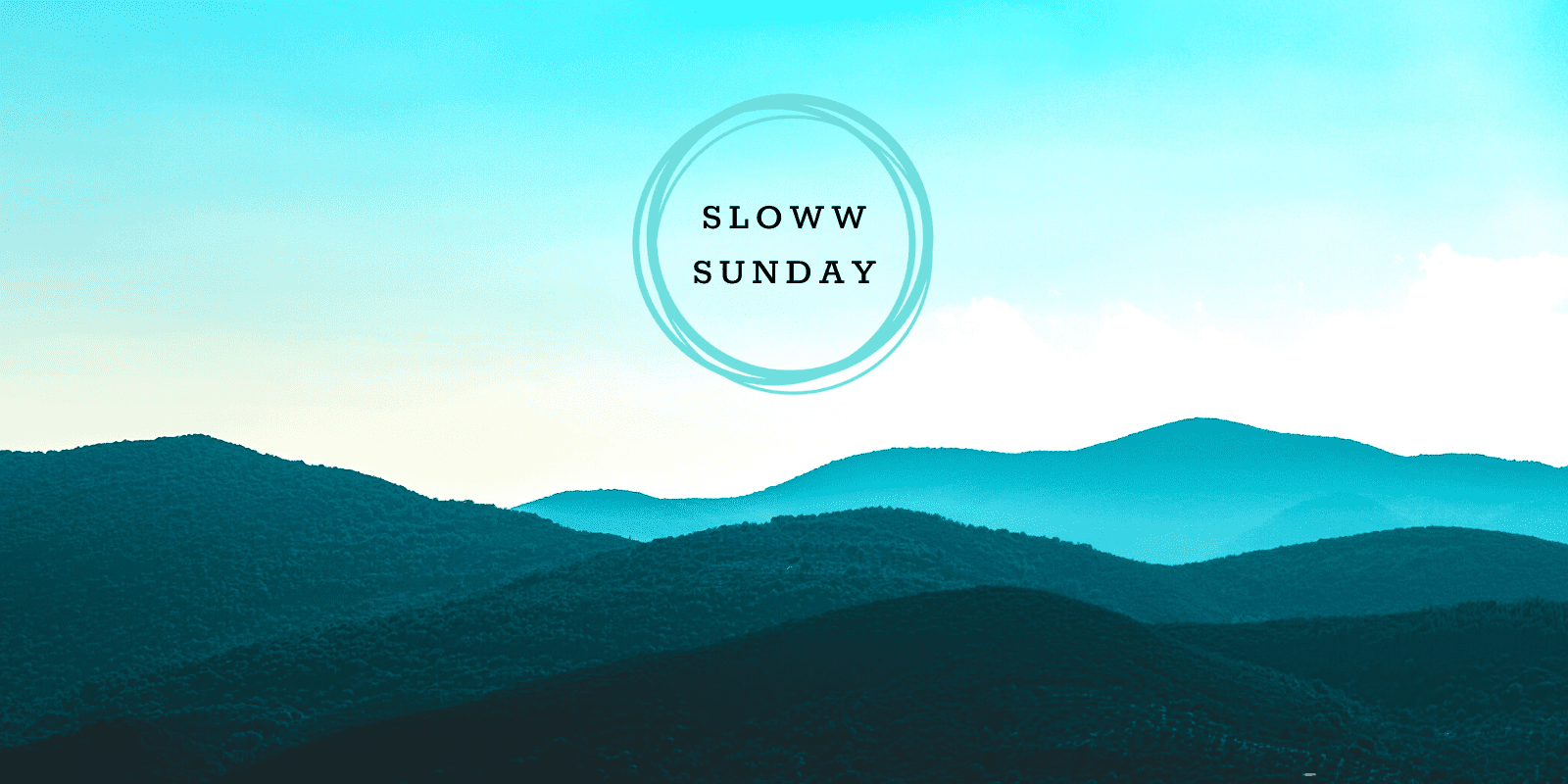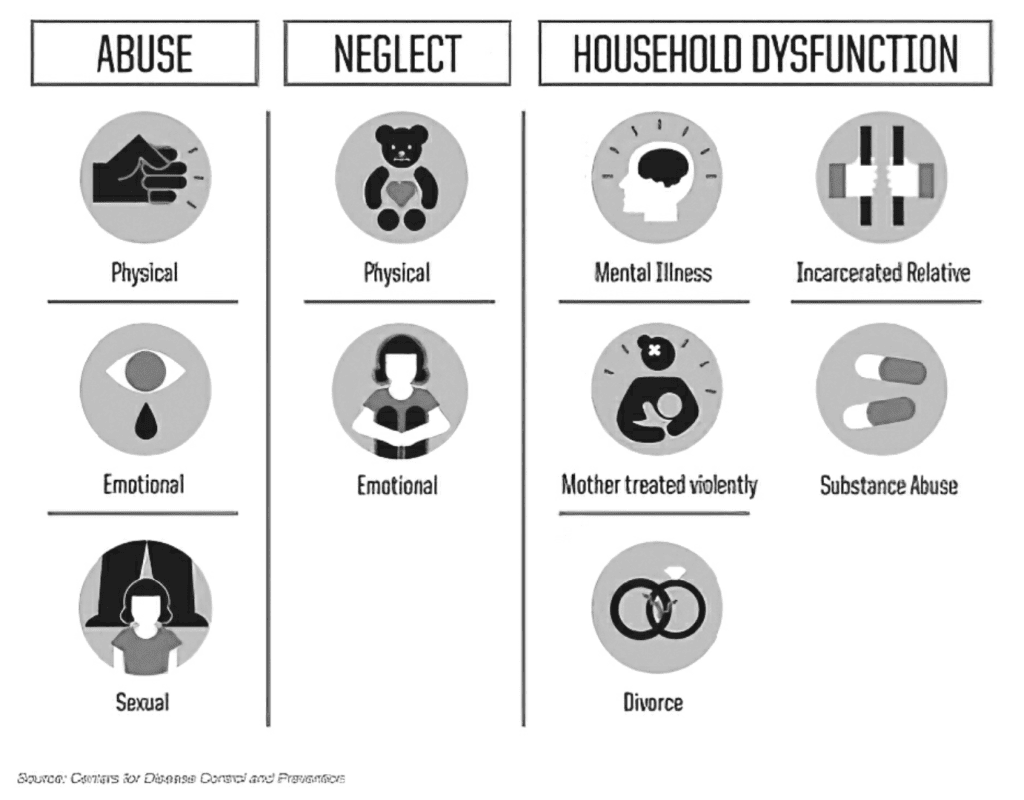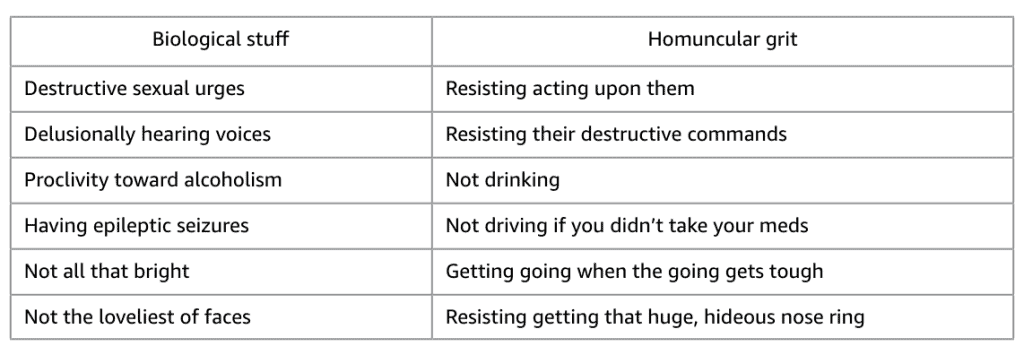Sign up to get the Sloww Sunday newsletter via email for free:👇

Sloww Sunday Newsletter 160 (Nov 5, 2023) — Yearly Challenges, (Un)Lucky Childhoods, Biology Myths, & More
Sloww Sunday shares my latest and greatest creations and curations to 10,000+ students of life. If you enjoy this issue, please help grow Sloww by forwarding the email version of this newsletter to other lifelong learners.
📘🌀 Lifelong Learning & Deeper Development
Have any family planning book recos?
My wife and I are in the family planning stage! I’d love to hear your best book/resource recommendations on pregnancy, childbirth, parenting, babies, kids, etc. Just comment and let me know.
Explore more: 50+ posts on Lifelong Learning & Deeper Development (Sloww Stage Support)
🌎 Lighter Living
Have you done any one-year challenges?
November is always special for me. My existential crisis started this month 8 years ago. What a ride the last decade has been!
It’s hard to believe we’re already in the final months of the year. While I don’t do New Year’s resolutions, I do enjoy one-year challenges or a ‘no-(insert whatever you want to quit or cut down on) year’. The difference between a resolution and what I recommend is that you start a challenge when it’s most alive (and therefore most motivating) for you—regardless of the time of year.
In the past, I’ve done a no-buy year for clothing (which just kept going after the year ended). This week, I crossed the 6-month mark (26 weeks or 182 days) of no drinking in my 🔒no-alcohol year. Now, I’m getting started on a no-social year by deleting all social media apps from my phone. I’m not deleting my accounts and will still use them here and there on my computer, but this challenge is intended to cut down both social media time and phone screen time dramatically.
More ideas: 25+ Intentional Living Challenges
🔒 Premium chat: Question of the Week: Have you done any one-year challenges?
Explore more: 100+ posts on Intentional Living (Sloww Stage 1)
🧭 Higher Purpose
How lucky was your childhood?

Robert Sapolsky’s new book Determined (Book Summary | 🔒Premium Synthesis) introduced me to the ACE (Adverse Childhood Experience) score. How many of the 10 things in the image above were part of your childhood? In one study of 17,000 people, 64% had at least 1 ACE. In my own Twitter poll of under 100 people, it was surprisingly consistent (61% said they had at least 1). Why does it matter?:
- “With each increase in someone’s ACE score, there’s an increased likelihood of a hyperreactive amygdala that has expanded in size and a sluggish prefrontal cortex that never fully developed … For every step higher in one’s ACE score, there is roughly a 35 percent increase in the likelihood of adult antisocial behavior, including violence; poor frontocortical-dependent cognition; problems with impulse control; substance abuse; teen pregnancy and unsafe sex and other risky behaviors; and increased vulnerability to depression and anxiety disorders. Oh, and also poorer health and earlier death.” — Robert Sapolsky
Were you lucky enough to instead have a high RLCE (Ridiculously Lucky Childhood Experience) score?
- “You’d get the same story if you flipped the approach 180 degrees. As a child, did you feel loved and safe in your family? Was there good modeling about sexuality? Was your neighborhood crime-free, your family mentally healthy, your socioeconomic status reliable and good? Well then, you’d be heading toward a high RLCE score (Ridiculously Lucky Childhood Experiences), predictive of all sorts of important good outcomes. Thus, essentially every aspect of your childhood—good, bad, or in between—factors over which you had no control, sculpted the adult brain you have.” — Robert Sapolsky
Does all this sound familiar? The concept of an ACE score (or RLCE score) is literally the lottery of birth in action!
Pair with:
- 10 Birth Lottery Videos to Realize Your Luck in Life
- 25+ Birth Lottery Implications to Clearly See why it Matters so Much
- 50+ Birth Lottery Quotes to Question Who You Are
- 🔒 Lottery of Birth Synthesis: How to See Yourself and the World Drastically Differently (+ Infographic)
- 🔒 Behind the Scenes: Dissecting my own Lottery of Birth Ticket
Explore more: 50+ posts on Life Purpose (Sloww Stage 2)
🧠 Mental Mastery
The Big Fallacy & False Dichotomy of Biology

One more key takeaway from Robert Sapolsky’s new book Determined (Book Summary | 🔒Premium Synthesis). Take a look at the image above. Most people think the left column is “biological stuff” and the right column is “free will” or “homuncular grit” (see this short post on the homunculus fallacy). Sapolsky says this is the most entrenched free will myth because they aren’t two different things—both columns are biology!
- “We’re usually pretty good at remembering that the biological stuff on the left is out of our control. And then on the right is the free will you supposedly exercise in choosing what you do with your biological attributes, the you who sits in a bunker in your brain but not of your brain … Whatever that real you is composed of, it sure ain’t squishy biological brain yuck … It seems so hard, so counterintuitive, to think that willpower is made of neurons, neurotransmitters, receptors, and so on. There seems a much easier answer—willpower is what happens when that nonbiological essence of you is bespangled with fairy dust. And as one of the most important points of this book, we have as little control over the right side of the chart as over the left. Both sides are equally the outcome of uncontrollable biology interacting with uncontrollable environment.” — Robert Sapolsky
- “We’re pretty good at recognizing that we have no control over the attributes that life has gifted or cursed us with. But what we do with those attributes at right/wrong crossroads powerfully, toxically invites us to conclude, with the strongest of intuitions, that we are seeing free will in action. But the reality is that whether you display admirable gumption, squander opportunity in a murk of self-indulgence, majestically stare down temptation or belly flop into it, these are all the outcome of the functioning of the prefrontal cortex and the brain regions it connects to. And that prefrontal cortex functioning is the outcome of the second before, minutes before, millennia before … Grit, character, backbone, tenacity, strong moral compass, willing spirit winning out over weak flesh, are all produced by the prefrontal cortex which is made of biological stuff identical to the rest of your brain.” — Robert Sapolsky
Here’s how I personally think about it: When people say, “You don’t choose the cards you are dealt, but you choose how you play the hand,” they are essentially saying the first half of the sentence is biological and the second half is something different—that how you play the hand is free will. See the problem? “You don’t choose the cards you are dealt” = biological stuff; “but you choose how you play the hand” = also biological stuff (not free will).
Explore more: 75+ posts on Mental Mastery (Sloww Stage 3)
☯️ Spiritual Seeing
From Rupert Spira to Bernardo Kastrup
I recently completed an incredibly deep dive into Rupert Spira (culminating with my most ambitious 🔒Premium synthesis to date covering 3 books and 50+ videos/podcasts). As a byproduct of that process, I watched a couple videos of Spira with Donald Hoffman and Bernardo Kastrup. I’m now venturing down the Kastrup rabbit hole, and it turns out that he comes to the same conclusions as Spira but from a scientific perspective. Two new posts this week:
🆕 25 Deep Quotes on Free Will from Bernardo Kastrup
🔒 Bernardo Kastrup Synthesis: Everything about Free Will (+ Infographic)
- “Life is about allowing yourself to be played by nature. The metaphor is not: you are playing yourself as an instrument; you are the instrument that nature is playing. You are the violin in the hands of God. Allow yourself to be played. If you want the orchestra to play in unison like an organism, that’s what it’s about. Our role as metacognitive agents is to pay attention, to observe how we are being played … The blossom of the apple tree is not about it, it’s about the apple—without the blossom there is no apple, and there is no next apple tree. The fact that our lives are not about us does not entail or imply that our lives are meaningless. They’re extremely meaningful precisely because they are not about us, precisely because they are about something much bigger than us.” — Bernardo Kastrup
Explore more: 50+ posts on Spiritual Seeing (Sloww Stage 4)
Share: Sloww Sunday currently sends to 10,000+ students of life each week. If you enjoyed this issue, please help grow Sloww by forwarding the email version of this newsletter to some friends and family. It’s free for them to subscribe here.
Support: Sloww is a one-human labor of love (it’s just me over here 👋). Your support keeps the site ad-free and invests in me while you invest in yourself—a true win-win! There are free and financial ways to support.
Speak: Have something you want to say, or just want to say hi? It’s always greatly appreciated. Just reply to this email or reach out socially.
All the best,
Kyle Kowalski
Founder, Sloww




